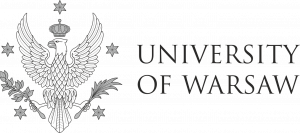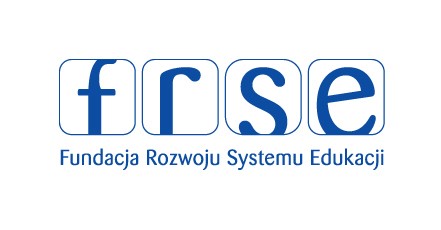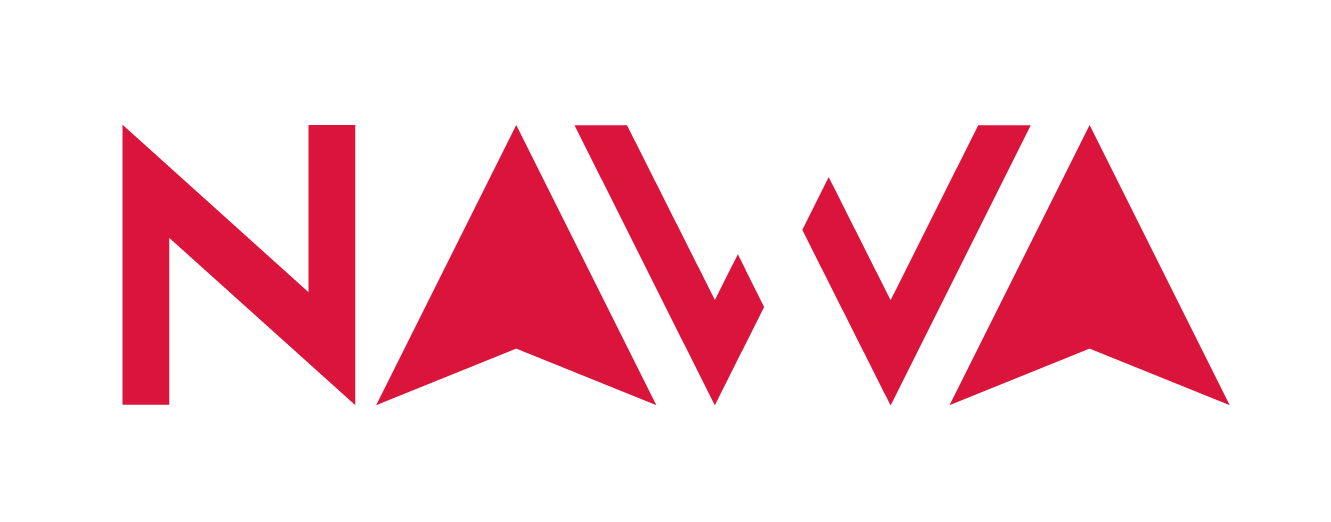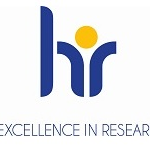Solidarity with Ukraine – 4EU+ for Ukraine II / Webinar „The History of Artificial Intelligence”, 18.12.2024



We cordially invite the students of Ivan Franko National University of Lviv, V. N. Karazin National University of Kharkiv and Taras Shevchenko National University of Kyiv to participate in an online webinar „The History of Artificial Intelligence: From Leonardo da Vinci to ChatGPT and AI-Enabled Nobel Prizes” organised within the Project 4EU+ for Ukraine II financed by the National Agency for Academic Exchange of the Republic of Poland.
Date:18 December 2024
Time:14:00-15:30 Warsaw time
Where:online
Language of instruction:English
Description prepared by the instructor:
Artificial Intelligence (AI) is everywhere. It has become the hottest topic, affecting our jobs and everyday lives. It is constantly growing and maturing as a field. For many years, it was mainly limited to academia with little impact on our everyday lives. In the last few years, progress has accelerated. It is possible that in non-distant future, the majority of our inventions will be made by AI. While there is much more exposure to AI through news articles and AI-powered products, the general level of understanding of its principles, implications, and potential pitfalls still needs improvement.
While technologies like ChatGPT, Transformers, RAGs, and other generative models often dominate conversations, this webinar aims to explore the rich history of AI from its nascent stage. We will trace the development of AI from its earliest inspiration in the 15th and 18th centuries, through its mathematical foundations, to the establishment of the field, and beyond – covering both the AI winters and summers.
I will talk about four types of milestones:
Inspirations – for example a very inspiring book that’s important to the community was published.
Theoretical results – e.g., a new AI technique or method was proposed.
Milestone events – e.g., a computer program defeated the top human player in chess.
Transformative applications – e.g., contributions to autonomous vehicles.
In this webinar, I will define what Artificial Intelligence is, because this term is often used in a measling way. I will also show how diverse the field is – it is not only about Chat-GPT and related models (!). Artificial Intelligence encompasses various methods and approaches.
The participants will learn:
- how to understand the term Artificial Intelligence (AI)
- what were the foundations of AI
- basic principles behind various techniques such as neural networks, random forests, fuzzy logic and many more
- about the famous competitions / matches between humans and computers in games
- how progress in AI is measured
- about the methods inspired by nature such as evolutionary algorithms or ant colony optimization
- about the key people and events that shaped the AI field
Instructor: Maciej Świechowski
Maciej Świechowski is a seasoned computer scientist, researcher, and programmer, who combines four roles. Primarily, he works at two related companies – QED Software (Head of Labs) and QED Games (Chief Technology Officer). He also teaches one subject at Warsaw University, Faculty of Mathematics, Informatics and Mechanics and co-founded of Information Technologies for Psychiatry foundation, where he serves as vice president.
He was awarded a Ph.D. with distinction in Artificial Intelligence in 2015 from Systems Research Institute of the Polish Academy of Sciences. He received his M.Sc. and B.Sc. in Computer Science from Warsaw University of Technology. In 2013-2014, he was a visiting researcher at the University of New South Wales, Australia. In 2012-2014, Mr. Świechowski participated in the International General Game Playing Competition held by Stanford University, reaching the quarterfinals twice.
Mr. Świechowski has co-authored over 35 papers in computer science and has also been a speaker at various conferences, from scientific ones such as AAAI and IEEE WCCI to industry events like Digital Dragons, Code Europe and Game Industry Conference. He is also a member of various communities, including IEEE, Polish Information Technology Processing Community (PTI) and Polish Artificial Intelligence Society (PSSI).










